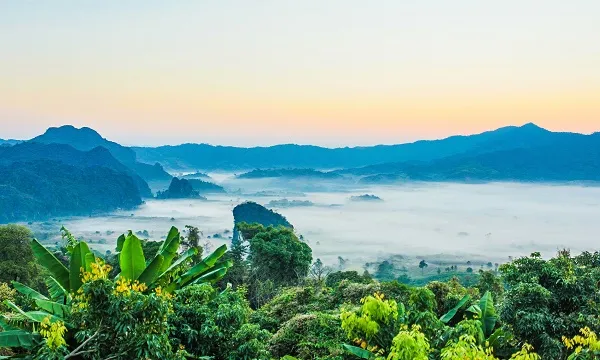
Thailand to maintain renewables growth, outperform in SEA: report
The country has a highly supportive, regulatory environment for the market.
Thailand will sustain growth in its renewables sector as well as keep its position as one of the outperformers in Southeast Asia in the next 10 years, according to a new report from Fitch Solutions Country Risk and Industry Research.
The forecast is backed by the country’s supportive, regulatory environment for renewables, which will play a role in “diversifying the power mix away from a heavy reliance on natural gas-fired power” as Thailand would become a net importer of liquefied natural gas in the following years.
Supportive policies include feed-in-tariffs, tax incentives, net metering schemes, bidding programmes, and improved financing access, the report added. Moreover, the country’s newest Power Development Plant (PDC 2018-2037) will pursue to source 35% of its energy mix from non-fossil fuel sources by 2037.
“Under the new PDP, licence granting from the Energy Regulatory Commission is set to open up for a total over 10 GW of solar power capacity over the next two decades,” the report said. “We forecast non-hydro renewables capacity to more than double over the coming decade to reach over 17.7 GW by 2030, accounting for 24.7% of the total power mix.”
This will be propelled forward by the solar and biomass subsectors, with the latter presenting a more favourable outlook.
“We have made a slight upward revision to our biomass capacity and generation forecasts this quarter, as the sector grew more strongly than our initial expectations across 2019 and 2020,” Fitch commented.
Meanwhile, Thailand’s National Energy Policy Council has streamlined its Energy For All scheme to focus on biomass and waste as well as exclude solar and wind farms, aiming to create community-owned power generation projects using waste-to-energy resources, primarily in remote areas.
Concurrently, the Energy Ministry has approved a $216.8m budget from the Energy Conservation Fund for 2021, which would majorly be allocated to renewable projects for agriculture purposes.








![Cross Domain [Manu + SBR + ABF + ABR + FMCG + HBR + ]](https://cmg-qa.s3.ap-southeast-1.amazonaws.com/s3fs-public/styles/exclusive_featured_article/public/2025-01/earth-3537401_1920_4.jpg.webp?itok=WaRpTJwE)
![Cross Domain [SBR + ABR]](https://cmg-qa.s3.ap-southeast-1.amazonaws.com/s3fs-public/styles/exclusive_featured_article/public/2025-01/pexels-jahoo-867092-2_1.jpg.webp?itok=o7MUL1oO)









 Advertise
Advertise


